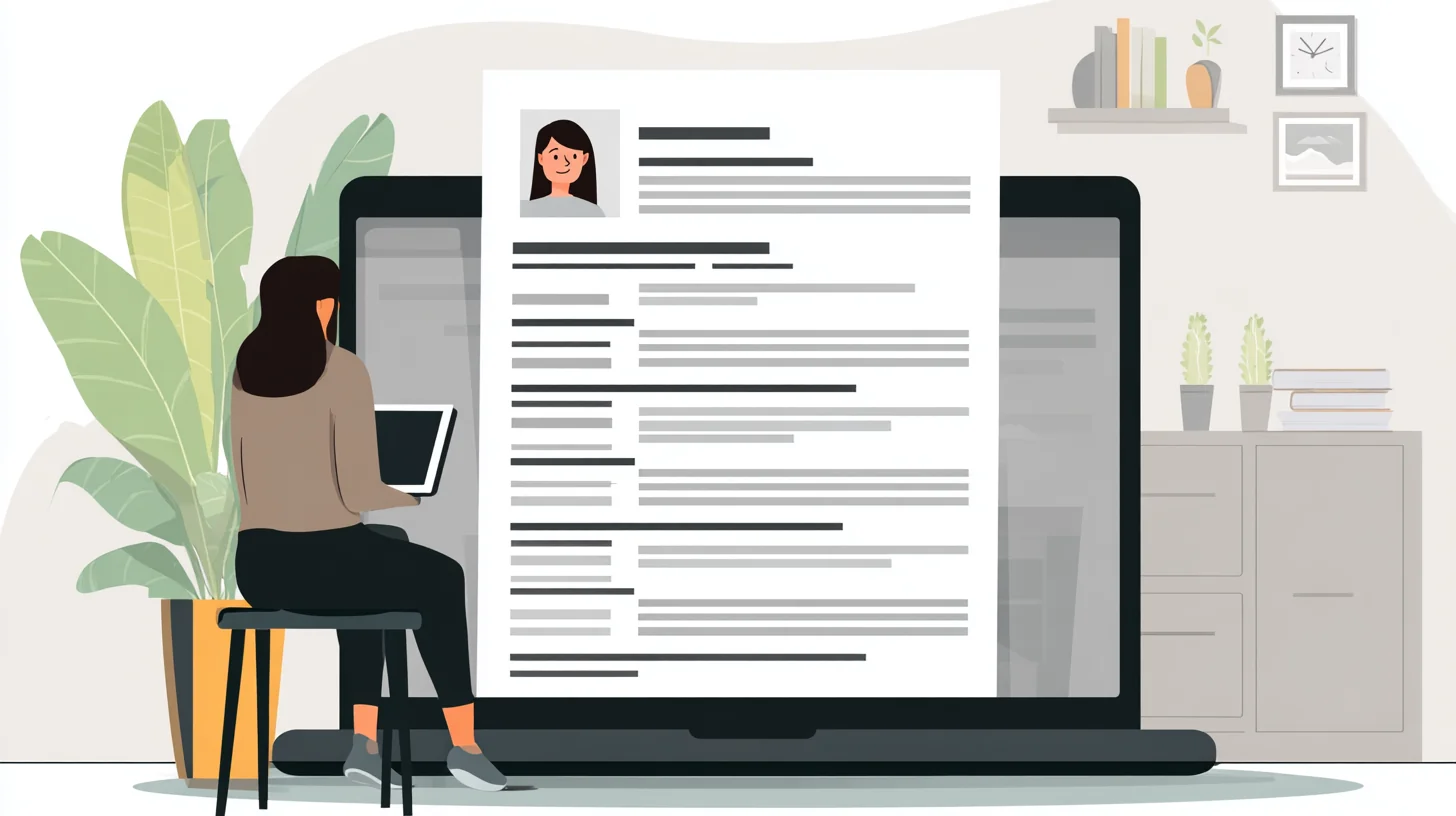
AI Resume Builder for Software Engineers: Benefits & Best Practices
AI resume builders can streamline the job application process for software engineers, but they also come with limitations. Learn how to leverage these tools effectively.
AI Resume Builder for Software Engineers: Benefits & Best Practices
Artificial intelligence has transformed many aspects of software engineering, from code generation to bug detection. Now, AI‑powered resume builders promise to streamline job applications by drafting résumés in minutes. But can a machine truly capture your career story? Understanding what these tools offer and where they fall short will help you decide when and how to use them.
The benefits of AI resume builders
Benefit 1: Rapid drafting and keyword alignment
AI resume builders analyze job descriptions, past résumés and industry standards to produce a tailored draft quickly. Mondo notes that these tools can generate professional résumés in seconds, aligning your experience with relevant keywords and helping you comply with ATS requirements1. For busy engineers applying to multiple roles, this speed is a clear advantage.
Benefit 2: Cost‑effective personalization and error reduction
Many AI platforms offer basic functionality for free or at low cost. Mondo points out that AI tools provide templates and grammar checks that reduce errors and save money compared to professional résumé services2. They help ensure consistent formatting, correct spelling and proper use of technical terminology.
Benefit 3: ATS optimization and relevant content
According to Kickresume, AI algorithms analyze job postings and extract relevant skills and keywords to populate your résumé3. This means essential terms like “React,” “Cloud computing” or “RESTful APIs” appear naturally in summaries and bullet points. For software engineers, such targeted content improves your chances of passing ATS filters.
The pitfalls of relying solely on AI
Pitfall 1: Generic content and lack of human touch
AI often relies on templates and limited input, leading to generic or bland résumés. Huntr warns that overusing résumé builders can result in documents that lack personality and fail to differentiate you from other candidates2. Without personalization, hiring managers may see your résumé as another cookie‑cutter submission.
Pitfall 2: Over‑reliance on templates and limited context
AI tools can only reflect what you input. Mondo notes that if you supply limited details, like just your job title or LinkedIn profile, the generated resume may overlook key achievements or misrepresent your responsibilities1. You still need to provide rich context and edit the output to ensure accuracy.
Pitfall 3: Privacy and security concerns
Submitting personal information to AI services raises valid privacy questions. Some platforms may collect or store data without clear disclosure. Mondo cautions users to review a tool’s privacy policy and consider whether sharing sensitive career details is worth the convenience1.
Best practices for using AI resume builders
Step 1: Choose the right tool and verify privacy
Not all AI builders are created equal. Huntr suggests selecting tools designed for technical roles that allow customization and offer ATS‑friendly templates2. Research privacy policies to understand how your data will be stored and used.
Step 2: Provide quality input and customize
The more information you supply, the better the draft will be. Mondo recommends providing detailed descriptions of your projects, achievements, and impact1. Once the AI generates a résumé, edit it to reflect your voice, adjust bullet points, and add metrics that highlight your contributions.
Step 3: Review, edit and keep your voice
Use AI output as a starting point. Kickresume emphasizes that while AI can populate sections, you must personalize them to avoid generic text3. Incorporate specific details about technologies, team roles and quantifiable results. Reading aloud can help you ensure the final resume sounds authentic and engaging.
When to use an AI resume builder
AI resume builders are most useful for software engineers when you need to create multiple tailored résumés quickly or want help organizing your information. They’re particularly effective for early-career candidates who lack the budget for professional résumé services. However, for leadership roles or highly specialized positions, manual drafting with human coaching may better capture your narrative.
Final thoughts
AI resume builders can be powerful tools when used thoughtfully. They save time, help with ATS optimization and reduce formatting errors. Yet they can’t replace your professional judgment or personal storytelling. By selecting a reputable tool, supplying detailed information, and thoroughly editing the output, you can harness AI to complement, not replace, your résumé writing process.
Need a polished résumé in minutes without losing your unique voice? Cirby.ai’s AI builder creates draft resumes tailored to each software engineering role, while giving you full control over the final content.